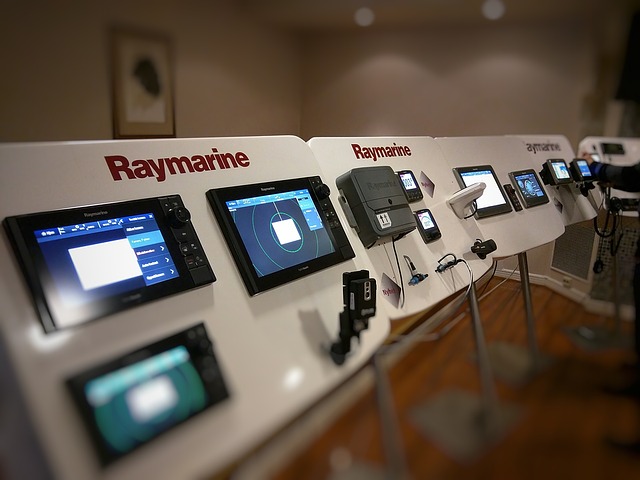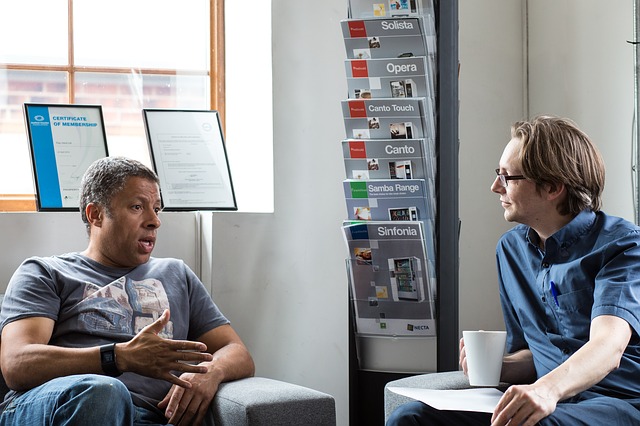The Yuletide season is upon us! Today is special as we celebrate the joyous occasion of Christ’s birth. While some people may not celebrate Christmas, December 25 (Sunday) is considered as a public holiday that will be observed on December 26 (Monday). Many Singaporeans take this long weekend as an opportunity to be with their families or to travel overseas.
If you went a little over your budget these season, January may welcome you with large debts and bank statements. Do not panic just yet. Take a deep breath! Consider these steps to bounce bank from your holiday splurges:
STEP 1: KNOW WHERE YOU STAND
You must initially assess your overall monetary situation. It does not take a financial whiz to decode what the first step entails! Simply include your budget and spending patterns from the past two months as well as your financial goals (i.e., both long-term and short-term).
Make a detailed list of all your debts, bills, due dates, and interest rates. This will help you to create a timeframe that will guide you towards paying down your debts. There is hope!
STEP 2: IDENTIFY WAYS TO CUT BACK
The damage has been done! It is time to take control of the situation by breaking the cycle of frivolous spending. Commit to a debt diet or prevent purchasing non-essential goods.
Avoid unnecessary spending by employing strategies such as reducing your energy consumption, using coupons, planning your weekly meals, or comparing prices online. These may seem miniscule, but these measures can make a huge difference to your wealth!
STEP 3: PLAN FOR THE FUTURE
To secure the future of your finances, you must build a robust budget plan to pay off all of the extra debts that were incurred during the season. Revise your current budget and stick to it! Be realistic when it comes to how much you can pay at a given point in time.
The remaining days of December is a good time to start thinking ahead. Understand what went wrong in your current holiday budget to help you next year. Perhaps you need to purchase your gifts as early as the Great Singapore Sale to save more money. Or, you may lower your entire gifting allowance.

Image Credits: pixabay.com
Whatever your mistakes were, it is important to learn from them.










